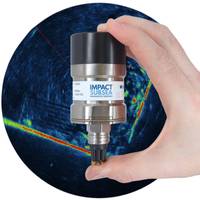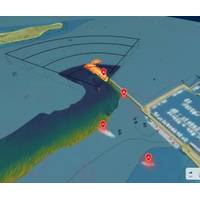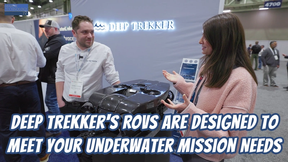
How Impact Subsea's ISS360 Series is Redefining Compact Sonar
Impact Subsea, a leader in subsea sensor technology, has continued to develop their ISS360 Imaging Sonar range.Since its debut in 2020, the ISS360 is a solution for ROV and AUV navigation and target identification, offering a replacement for legacy scanning sonar systems.A Five-Year Journey Launched in March 2020 as the world’s smallest scanning, imaging sonar, the ISS360, was designed to provide a step-change in capability for the underwater vehicle market.The ISS360 Imaging Sonar has undergone development, evolving from the world’s most compact, scanning sonar into a high-definition

FarSounder Awarded Manufacturing Innovation Voucher to Advance AI‑Based Sonar Capabilities
FarSounder, a leader in 3D Forward Looking Sonar technology, has been awarded a Manufacturing Innovation Voucher by the Rhode Island Commerce Corporation. The award will support advanced research and development focused on integrating automatic target recognition into FarSounder’s end‑user sonar software.Under the Innovation Voucher program, FarSounder will build on an existing proof‑of‑concept to bring machine‑learning target recognition into a fully integrated software prototype. This work will introduce automated classification of key sonar targets, focusing on seafloor features, wake‑related


 December 2025
December 2025





